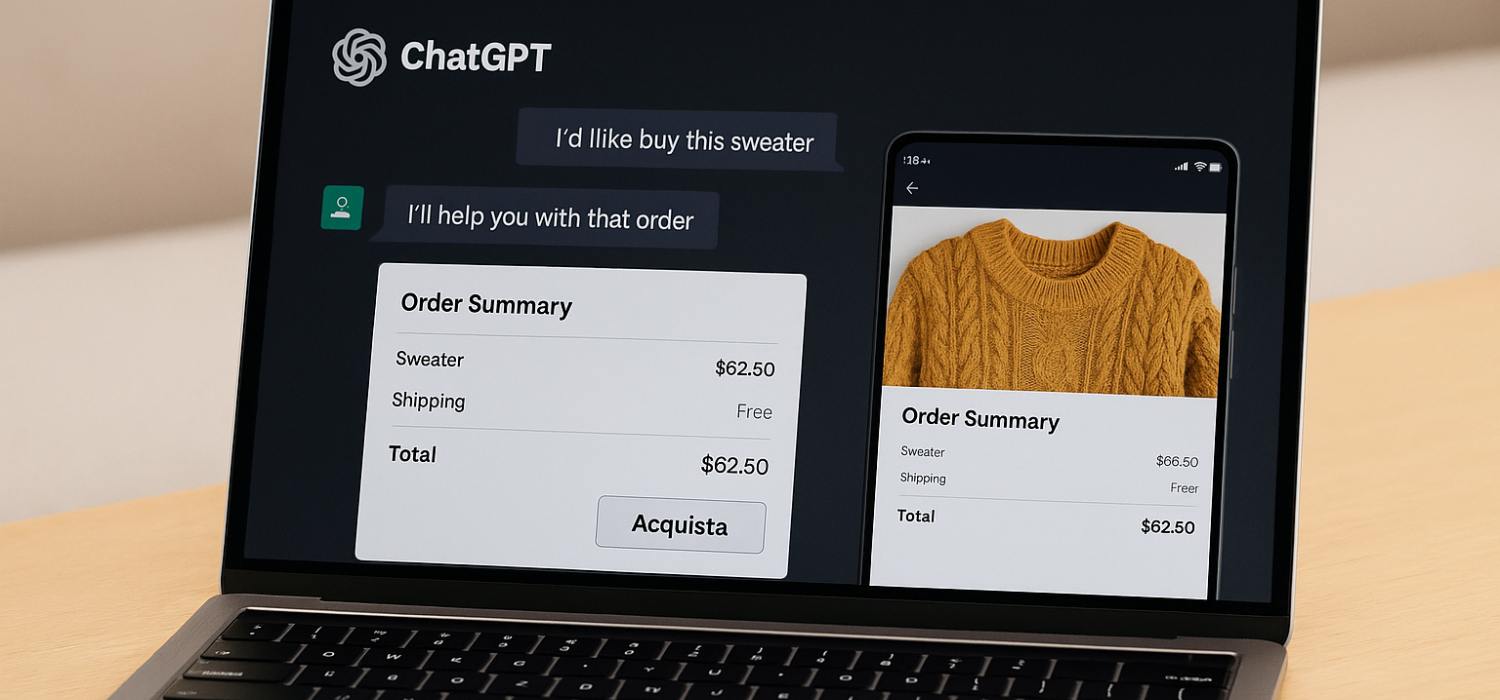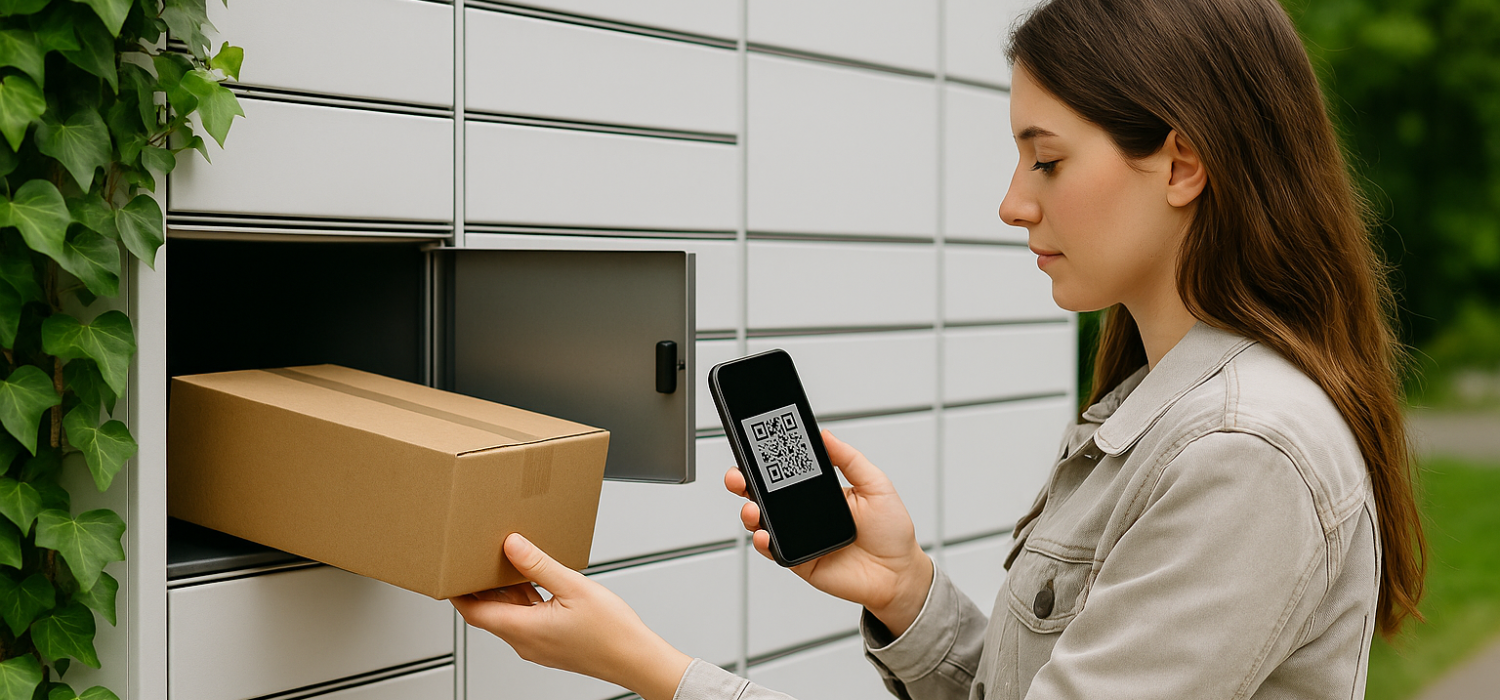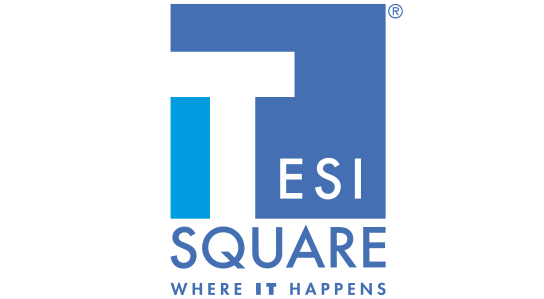The world of eCommerce is undergoing a radical transformation: generative artificial intelligence is no longer just a customer care support tool, but has become a direct sales channel.
OpenAI has recently launched a new feature, currently only available in the United States, that allows ChatGPT Pro users to make purchases on platforms such as Etsy and Shopify without leaving the conversation. With a simple click on the ‘Buy’ button, users can confirm their order, shipping and payment. This innovation marks the beginning of so-called conversational commerce, which is set to have a profound impact not only on purchasing habits, but also on logistics and last-mile organisation.
In this scenario, technological solutions such as those offered by GEL Proximity, the European leader in Out Of Home services with over 500,000 lockers and collection points that can be integrated into eCommerce systems, become even more central to ensuring fast, flexible and sustainable deliveries. Read on to find out more!
ChatGPT becomes a new e-commerce channel
The latest from OpenAI: instant checkout
According to a recent article published by TechCrunch on 29 September, OpenAI – the US AI giant – has introduced an instant checkout system integrated directly into ChatGPT.
The new feature is currently only available in the United States for ChatGPT Pro subscribers and marks a crucial step in the evolution of conversational commerce.
With this feature, users will be able to complete purchases on Shopify and Etsy without any external steps: the conversation with the AI becomes the single point of contact, from the moment the product is discovered to the confirmation of the order. In practice, a user can ask ChatGPT for product suggestions, compare different options and complete the purchase without ever leaving the dialogue flow with the artificial intelligence. It is therefore no longer necessary to go through product sheets, shopping carts or external payment gateways: just tap the ‘Buy’ button to confirm the order, shipping address and payment details. The result is a seamless experience that combines product discovery, evaluation and transaction in a single environment.
For merchants integrated on platforms such as Shopify and Etsy, this means access to an alternative sales channel to traditional marketplaces, with the potential to drastically reduce cart abandonment rates, which remain one of the main problems of traditional e-commerce. In other words, this is a game-changer that will not only impact consumer behaviour, but also retailers’ back-end operations and, above all, logistics: the more immediate the purchase becomes, the more the supply chain will have to guarantee fast delivery times, flexible options and efficient last-mile management.
Why this feature is a game changer
The integration of direct checkout into ChatGPT is not just a technological step forward, but a real redefinition of the online purchasing process: while in traditional e-commerce the user goes through several stages, in conversational commerce everything takes place within a single, natural and immediate flow.
For merchants, this means breaking down many of the barriers that often hinder conversion: fewer clicks, fewer steps, fewer opportunities for distraction or abandonment of the purchase. But there’s more. Conversation with AI allows proposals to be personalised based on context, user profile and specific requests, transforming each interaction into a tailor-made experience.
In an increasingly competitive market, where the big players no longer stand out solely for their prices or the breadth of their catalogues, the real challenge will be to offer fluidity, immediacy and personalisation. This is the new competitive arena: those who can guarantee a frictionless shopping experience and a logistics service consistent with these expectations will have an advantage in winning and retaining customers.
Conversational Commerce: a growing trend
Conversational commerce is not a new phenomenon. In recent years, consumers have already experimented with purchasing via voice assistants or chatbots integrated into e-commerce sites. However, the innovation introduced by OpenAI marks a further step forward: AI is not limited to answering questions or suggesting products, but becomes the very environment in which the transaction takes place.
This shift is reshaping not only the shopping experience, but also customer expectations regarding delivery times, methods and flexibility, thus opening up new challenges and opportunities for logistics.
The impact of conversational commerce on the supply chain and logistics
The challenge of speed and personalisation of deliveries
If the purchasing process becomes instantaneous, consumer expectations regarding deliveries can only increase. Fast delivery times, flexible collection options and real-time tracking become essential requirements. Conversational e-commerce is not just a front-end change: it puts pressure on the entire logistics chain.
If the purchasing process becomes instantaneous, expectations regarding delivery also grow exponentially. Fast delivery times, flexible collection options (with the possibility to choose when and where to collect the product) and real-time tracking become essential requirements.
All this means that conversational eCommerce is not just a front-end change, but puts direct pressure on the entire supply chain: from warehouse organisation to the last mile, every stage must be optimised to respond to more frequent, fragmented and personalised orders.
It is therefore crucial for merchants and logistics operators to adopt more agile models, supported by technologies that enable the seamless integration of different delivery options.
How last-mile management is changing
The last mile is already the most critical and expensive segment of logistics. With conversational e-commerce, it is inevitable that volumes will grow further and customer demands will become so personalised that they will put pressure on traditional models.
Home delivery may no longer be sufficient to guarantee efficiency, punctuality and environmental sustainability. Failed delivery attempts, urban congestion and higher emissions are problems that require new solutions. In this context, Out Of Home services, such as Lockers and Collection Points, offer a strategic response, allowing delivery routes to be optimised, operating costs to be reduced and, at the same time, offering consumers the flexibility to collect their purchases at times and in ways that best suit their daily needs.
Out-of-home deliveries, the answer to conversational e-commerce
Lockers and collection points become even more strategic
Conversational eCommerce, as we have seen, pushes customer expectations towards more immediate shopping experiences, but this does not mean that logistics can always guarantee the same immediacy. To bridge this gap, Out Of Home services come into play, representing the most concrete response to the challenges generated by new sales channels such as ChatGPT.
Lockers and collection points make last-mile management more efficient, reducing failed delivery attempts and streamlining courier routes. This is not only an advantage for merchants, who can thus reduce operating costs, but also for consumers, who gain greater control over the receipt of their orders.
The role of GEL Proximity: connecting e-commerce and logistics
In this scenario, GEL Proximity plays a key role. The platform provides the largest European network of lockers and collection points – over 500,000 – that can be easily integrated into e-commerce systems, logistics operators and carriers. At the same time, it acts as a last-mile orchestrator, coordinating couriers, operators and urban hubs in a single digital ecosystem.
Thanks to this technology, end customers can choose where and when to collect or return a parcel. The result is twofold: a smoother shopping experience, in line with the new dynamics of conversational eCommerce, and a more efficient and sustainable logistics model for the entire sector.
A look to the future: AI and integrated logistics
According to Statista, the global conversational commerce market will reach £290 billion by 2028. The arrival of e-commerce on ChatGPT is therefore only the beginning of a transformation that is set to reshape the entire value chain.
To seize these opportunities, it will be essential to have agile, integrated and sustainable logistics. Retailers, logistics operators and carriers who adopt technological solutions such as Out Of Home services will have a competitive advantage, as they will be able to respond quickly and efficiently to a constantly evolving market.
Are you a retailer, logistics operator or courier and want to prepare your network for conversational eCommerce? Find out how to integrate GEL Proximity technology to access the largest European community of PUDOs and Lockers with a network of over 500,000 points available and flexible to your needs.













